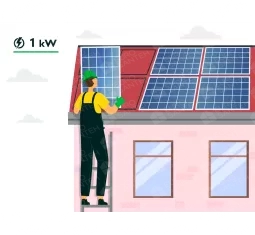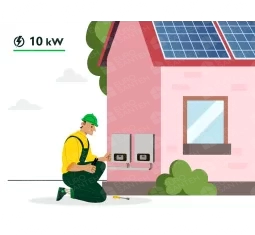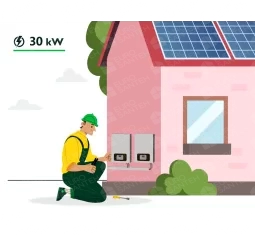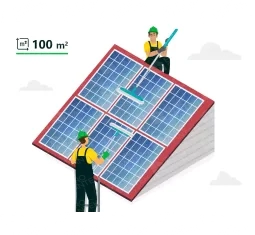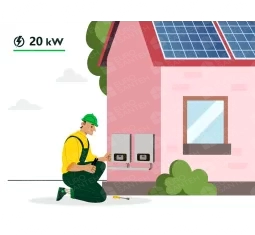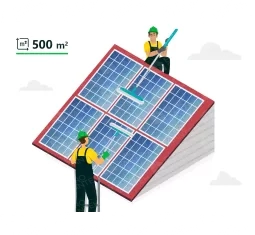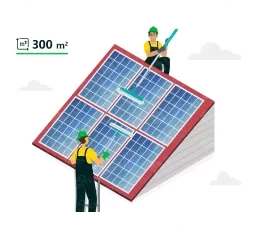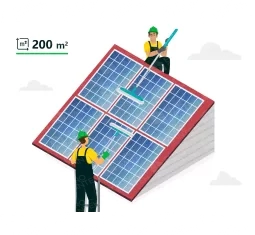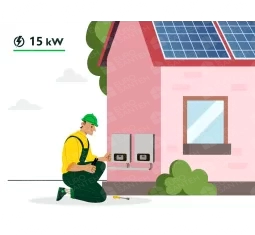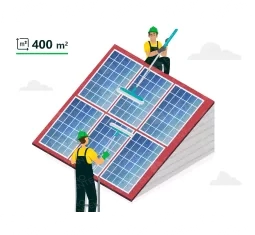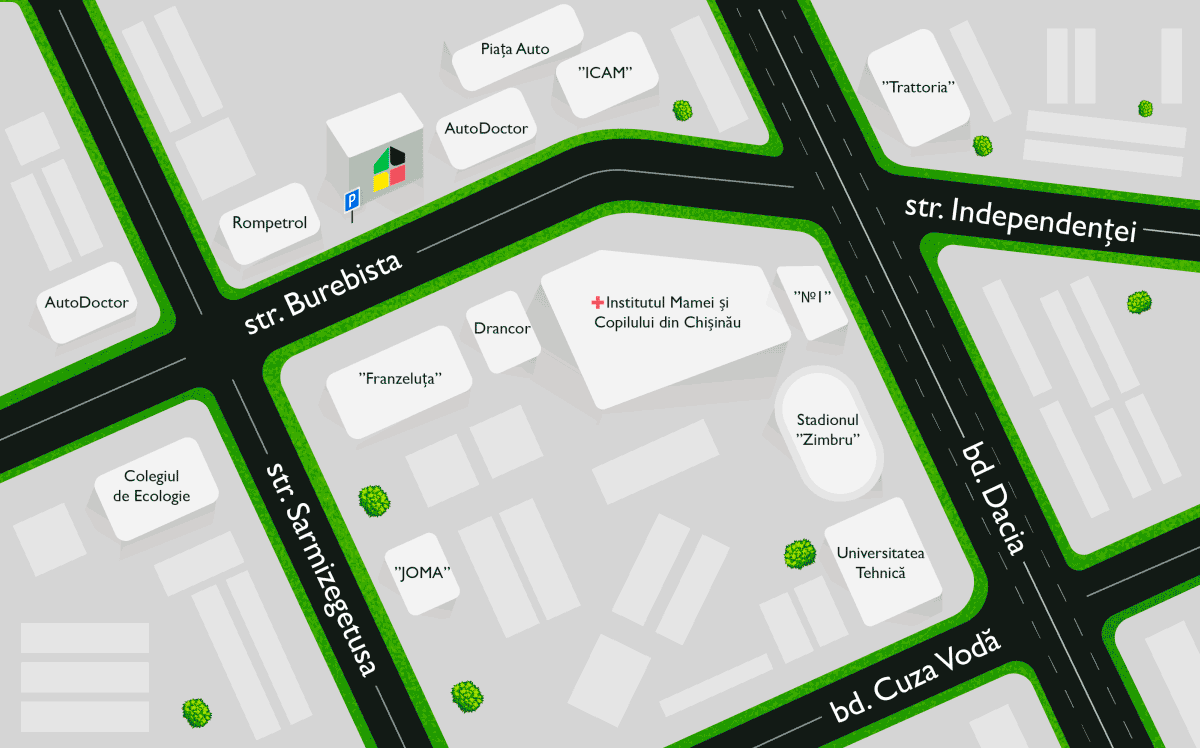Autonomous solar stations are energy production devices
In the quest for sustainable and eco-friendly energy solutions, autonomous solar stations stand at the forefront, heralding a new era in energy production. These innovative devices are not just structures adorned with solar panels; they are the architects of a greener and more self-reliant future.
1. Harvesting Sunlight for Endless Power.
Autonomous solar stations are marvels that harness the boundless energy of the sun. Adorned with solar panels equipped with cutting-edge photovoltaic technology, they convert sunlight into a renewable and abundant source of electricity. As the sun graces the sky, these stations tirelessly collect and transform its rays into power for various applications.
2. Unleashing Off-Grid Independence.
What sets these stations apart is their ability to operate off the grid. They embody a spirit of independence, liberating themselves from traditional energy sources. This off-grid capability means they can bring power to remote locations, serving as beacons of light in areas where conventional infrastructure struggles to reach.
3. Battling Environmental Challenges.
Autonomous solar stations are warriors in the battle against environmental challenges. By utilizing clean and sustainable solar power, they significantly reduce the carbon footprint associated with conventional energy sources. This makes them key players in the global effort to combat climate change and preserve the planet for future generations.
4. Intelligent Energy Storage Solutions.
Equipped with intelligent energy storage solutions, these stations address the intermittency of solar power. Cutting-edge battery technologies allow them to store excess energy during peak sunlight hours, ensuring a steady and reliable power supply even during periods of low or no sunlight. This innovation is a crucial step towards overcoming one of the main challenges of solar energy.
5. Versatility in Applications.
Autonomous solar stations are not limited to a single application. From powering rural communities and emergency response units to providing energy for agricultural irrigation and telecommunications, these stations showcase their versatility. Their adaptability makes them invaluable in diverse settings, bringing energy where it is needed most.
6. The Dawn of Smart Solar Technology.
The integration of smart technologies further elevates autonomous solar stations. Remote monitoring, data analytics, and automated maintenance ensure optimal performance and efficiency. These stations are not just passive energy generators; they are intelligent systems contributing to the evolution of smart energy solutions.
Conclusion:
Autonomous solar stations are not merely energy production devices; they are the harbingers of a cleaner, more sustainable future. With each ray of sunlight transformed into power, they pave the way for a world where energy is not just a commodity but a force for positive change. In embracing these stations, we embrace a future where innovation meets environmental responsibility, one solar panel at a time.
